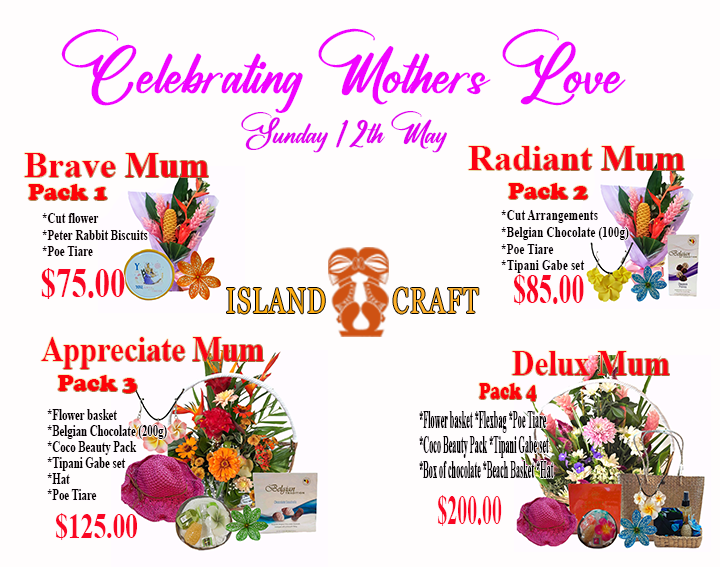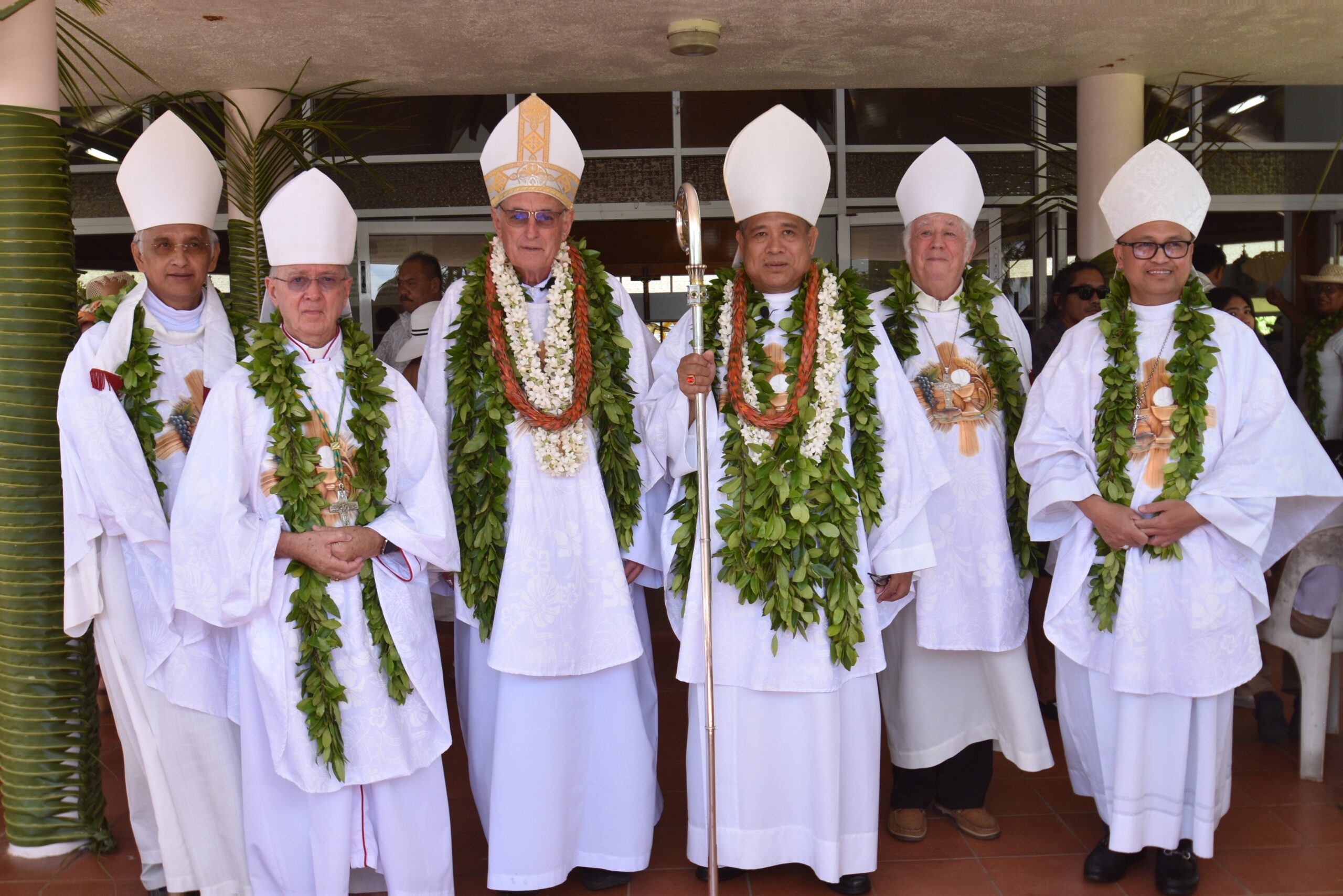Reuben Tylor: Looking at Cooks fisheries
Tuesday 11 July 2023 | Written by Supplied | Published in Editorials, Opinion

Retired lawyer Reuben Tylor. 23070803
Most people in the Cook Islands know there is a problem with our fisheries resource. I want to have a look at this problem in this first article and then in subsequent articles look at some of the reasons this might have happened, as well as identify the social and economic impact on our country, writes Reuben Tylor.
In the last three months I have gone on 14 fishing trips. I leave Avana Harbour at approximately 6.20 am and either go the Avana fad, or along the reef towards Taakoka.
If the weather is good, sometimes I go out to the Tikioki fad. I am usually back home by 8am, 8-30 am at the latest, so I don’t class myself as a serious fisherman and I never sell my fish.
If I have more than we can eat I give it out.
For more than 30 years this same short voyage has given me enough fish (mainly tuna) to feed my family fresh fish three or four nights a week.
I am sure this is one of the reasons I am still in good health at my age.
In 2015 Ministry of Marine Resources decided on a new direction for our marine resources.
At the beginning a large number of longliners operated by a Chinese company with a poor record of compliance, were licenced to fish in our waters.
Then MMR licenced two Spanish super seiners to operate in our waters in addition to the regional United States fleet.
At first there was no difference in my catch.
But by 2018, my catch began to fall, and it has steadily declined from year to year since then, with one exception which I will discuss later.
This year has been the worst I have ever experienced.
In my 14 trips over the last three months I have caught only one fish, a 12 kilo ono which I can’t eat because of cigatuera poisoning.
Now you could say that this is a reflection of my ability as a fisherman, but my basic skills have served me well for many years and my story is not unique.
If you talk to any of the fishermen in Rarotonga then you will hear a similar story except that they depend on catching for their living.
They have to travel further, stay out longer and still their catch has suffered.
Most of the fish is now caught on floaties abandoned by the purse seiners which occasionally pass close to our shores, or by down fishing for deep water species.
Likewise, our only locally owned fishing company is now having to fish further from Rarotonga and stay out at sea longer in order to catch any fish.
Their catch records show a rapid decline in numbers and sizes of fish caught.
Similarly, the records kept by the game fishing club for their competitions over the last 30 years show a rapid decline in fish numbers and sizes.
The most recent fishing competition was notable in that there were more boats out fishing than fish caught.
So we are at the point where I doubt anyone would pretend our fisheries resource is not in serious trouble.
So that is the problem and next week I want to look at why this happened.
Retired lawyer Reuben Tylor
Vaimaanga
REUBEN TYLOR
Born Dunedin, New Zealand, 1949. Primary and secondary schooling in Cook Islands and New Zealand. Graduated BA (1971) and LlB (1973) from Auckland University. Admitted as barrister and solicitor of NZ High Court in 1974 and commenced employment with Chapman Tripp. Joined Short & Tylor in 1975 in Cook Islands, (first private law firm in the Cook Islands).
Founded Southpac Trust Company Ltd in 1983, and Cook Islands Trust Corporation in 1998, both as 50% shareholder.
Since 1987, principally engaged in providing legal services to offshore industry.
Work has included development of various financial and legislative products, most important of which was development of asset protection legislation targeting the US market in late 1980s.
This was a world first, and the Cook Islands continues to retain top position in this industry despite many countries (and even several US states) copying our legislation.
Subsequent to developing this initial legislation, engaged in marketing asset protection products for more than two decades.
During this period has been a guest speaker at a number of international conferences in both the US and Europe, and has published numerous articles on aspects of asset protection in international journals.
In 2002 founded New Zealand Trust & Investment Corporation Ltd, a New Zealand trustee company, as 50% shareholder.
Developed new products into European marketplace, with emphasis on application of tax treaties.
Responsible for marketing and development of new business.
In response to a number of problems within the offshore industry, promoted the formation of the Financial Services Development Authority as interface body between industry and Government. Appointed by Minister of Finance as industry member.
Founded Trustees & Fiduciaries (Cook Islands) Ltd in 2015.










































Comments
Ken Hallin on 11/07/2023
Another consequence of what Reuben points out, is how it has affected the price of fish in Rarotonga. To buy a small tuna today, 5-6kg, has become too expensive for most people. Yes, to eat fresh fish often caught around Rarotonga, is probably very good for your health, but that food source is becoming scarce. Government have to do their utmost to protect us from overfishing by nations who do not care about our wellbeing. Ken Hallin Matavera